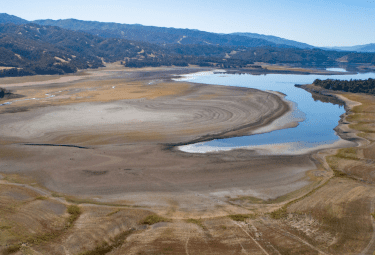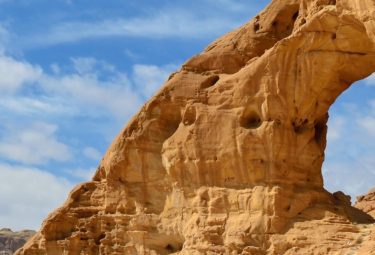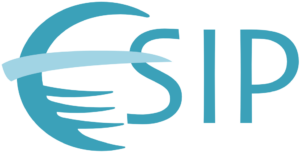Welcome to the new ESIP website!
Meet Amanda Weigel, 2016 Raskin Scholar
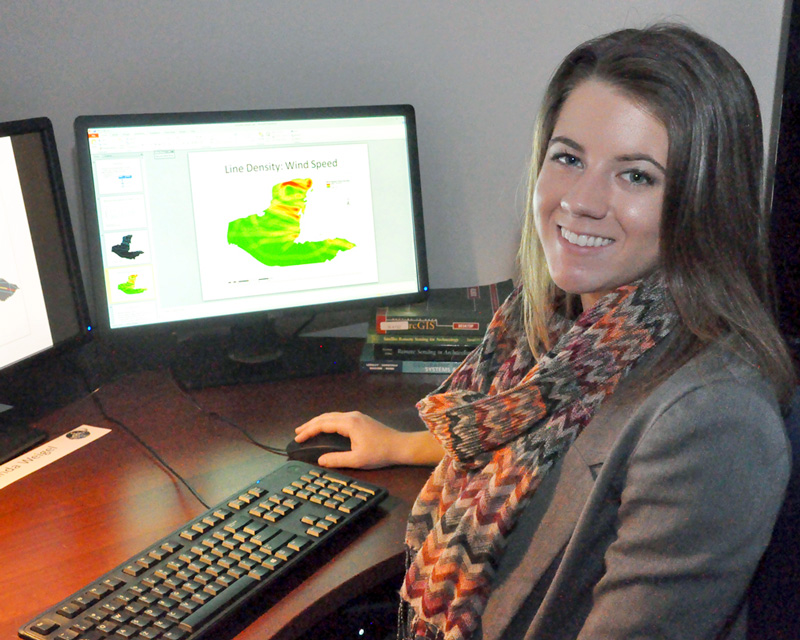
Amanda Weigel is a graduate student in Earth system science and Research Associate with the Global Hydrology Resource Center Distributed Active Archive Center at the University of Alabama in Huntsville’s (UAH) Information Technology and Systems Center. She was recently awarded the 2016 Robert G. Raskin scholarship by ESIP, and answered a few questions about her academic path, research interests and career goals.
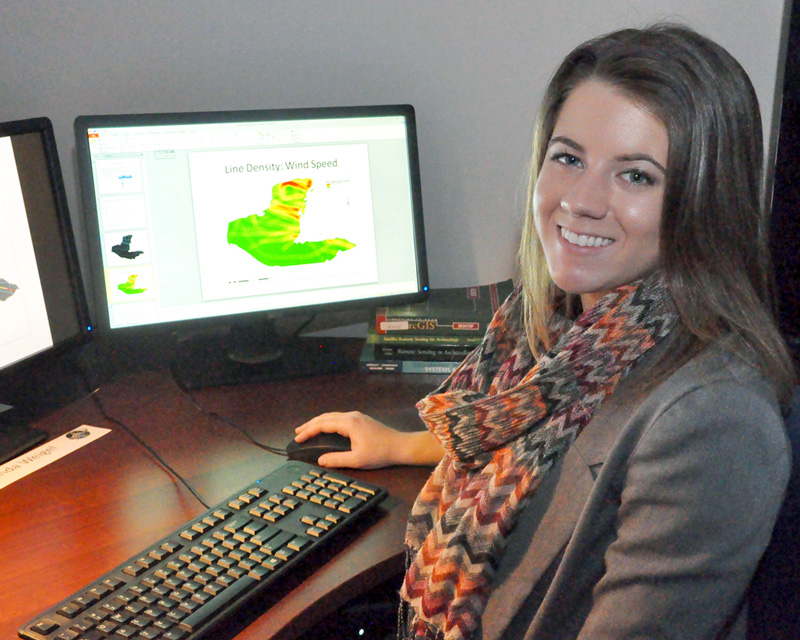 What was your academic path?
What was your academic path?
Growing up I had an interest in the atmosphere and space. When I graduated from high school, there wasn't a place in Virginia that offered a degree in meteorology or atmospheric science, so upon an adviser's recommendation, I enrolled as a physics major at Virginia Tech. Having never taken a physics class, the program was not the right fit, so I withdrew and investigated other options for a year until I discovered Virginia Tech was about to start the first meteorology program in the state. I ended up double majoring in meteorology and geography, and minoring in geoscience, which provided an interdisciplinary education that drove me to pursue a master’s in Earth System Science from the University of Alabama in Huntsville (UAH). My academic path allowed me to acquire experience and education in atmospheric science, Earth science, geography, geoscience, and data science, and has since led me to continue on for a doctorate in atmospheric science from UAH.
What are some of the unique things you're currently working on?
I’m working on research that developed a method for analyzing and quantifying relationships between land surface heterogeneity and tornado genesis. My work also involves supporting NASA Marshall Space Flight Center’s Data Science and Informatics Group’s ongoing research to design knowledge graphs that improve the search and discovery of data and resources within atmospheric science. I find this work interesting because it crosses scientific fields by blending land surface remote sensing with atmospheric science, and data science with atmospheric science. In addition, I work as part of the Science Team at the Global Hydrology Resource Center DAAC providing scientific expertise for the data management, tool and software development, and science outreach.
What types of technology do you use in your research?
Traditionally, my research has involved using geospatial and remote sensing software such as ArcGIS and ENVI. However, more recently my research has transitioned to using Python programming to automate and perform most tasks. I have also worked with Neo4j and CMap to build information models and knowledge graphs.
What challenges do you face related to data and software?
The biggest challenge I have faced is combining satellite remote sensing and geospatial data analysis techniques, which involves drawing methods and tools from traditional image processing and GIS analysis. Current GIS software is built for 32-bit operating systems, which greatly limits the processing power available for scientific analysis. Writing programs for automated analysis becomes a very delicate process to avoid memory errors, making it difficult to perform an analysis across multiple, large data files. In addition, geospatial data is formatted differently that most remotely sensed datasets, so it takes a lot of effort to convert them both to the same format, especially since most GIS software does not handle NetCDF and HDF formats well.
What are some of your career goals—and how do you expect the scholarship will help you meet these?
Until recently I foresaw a career working to develop GIS methods for atmospheric science research and operations, in particular, land-atmosphere interactions in severe weather. As I have become more knowledgeable of research in data and computer science, I have become aware of techniques that can be applied to atmospheric research, specifically since much is still performed manually. The scholarship will provide me the opportunity to continue this discovery of knowledge and interact with individuals working to bring the best data, information and methods together for Earth science research and applications.
Amanda will attend and present at the 2016 ESIP Summer Meeting, July 19-22 in Durham, N.C. as part of her award package.
Stay connected with ESIP through Facebook, Twitter and our weekly update.

